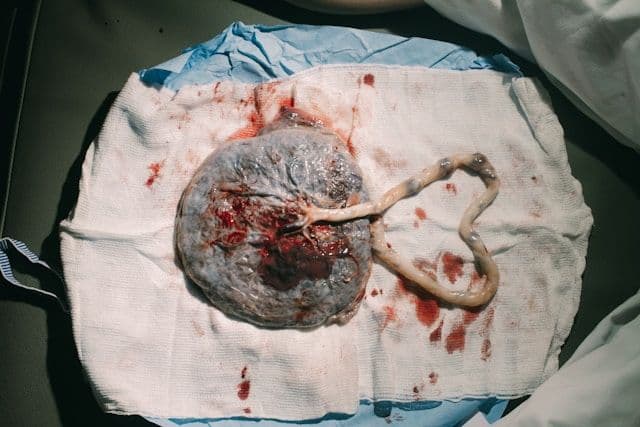As a new or expectant parent, you may have heard about the practice of placenta encapsulation and wondered what it entails and whether it could offer benefits for your postpartum recovery. Placenta encapsulation, which involves processing the placenta into capsules for consumption, has gained popularity in recent years as a natural way to support the physical and emotional challenges of the postpartum period. In this blog post, we'll explore what placenta encapsulation is, the potential benefits, and the important considerations to keep in mind when deciding if this practice is right for you.
What is Placenta Encapsulation?
Placenta encapsulation is the process of preparing the placenta after birth for consumption, typically in capsule form. The process usually involves:
- Cleaning and steaming the placenta to kill any harmful bacteria
- Dehydrating the placenta until it is fully dry
- Grinding the dried placenta into a fine powder
- Filling capsules with the placenta powder
The capsules are then consumed by the mother in the days and weeks following birth.
Potential Benefits of Placenta Encapsulation
Proponents of placenta encapsulation believe that consuming the placenta can offer several potential benefits for postpartum recovery, including:
- Hormonal balance: The placenta is rich in hormones, including estrogen, progesterone, and oxytocin. Consuming these hormones may help regulate the mother's hormonal balance after birth, easing the transition and reducing the risk of postpartum depression and anxiety.
- Increased milk supply: Some women report that consuming placenta capsules helps boost their milk production, supporting successful breastfeeding.
- Replenishment of nutrients: The placenta contains important nutrients, such as iron, vitamin B12, and protein, which can be depleted during pregnancy and birth. Consuming the placenta may help replenish these nutrients and support postpartum healing.
- Reduced postpartum bleeding: Some studies show that consuming the placenta can help the uterus contract and reduce postpartum bleeding.
- Improved energy and mood: Many women report feeling a boost in energy and a more stable mood when consuming placenta capsules, which can be especially helpful during the demanding early weeks of motherhood.
Important Considerations
While placenta encapsulation may offer potential benefits, it's important to consider the following factors before deciding to pursue this practice:
- Risk of bacterial contamination: If the placenta is not handled and prepared properly, there is a risk of bacterial contamination which could lead to illness in the mother or baby. At Clinique Molière, we have strict safety protocol in how we handle the placenta and the process of encapsulating it.
- Potential interactions with medications: If you are taking any medications, a consultation will be facilitated be facilitated with your nurse-midwife to ensure all potential risks are discussed.
- Cultural and personal beliefs: The decision to consume the placenta is a personal one that may be influenced by cultural, spiritual, or individual beliefs. It's important to consider your own values and comfort level when deciding whether placenta encapsulation is right for you.
Making an Informed Decision
If you are considering placenta encapsulation, it's important to do your research, weigh the potential benefits and risks, and make an informed decision that feels right for you. Talk to our midwife, and trained placenta encapsulation specialist to learn more about the process, safety considerations, and what to expect.
Remember, placenta encapsulation is just one of many ways to support your physical and emotional well-being during the postpartum period. Whether or not you choose to pursue this practice, it's important to prioritize self-care, seek support from loved ones and professionals, and trust your instincts as you navigate the joys and challenges of new motherhood.
In conclusion, placenta encapsulation is a practice that has gained popularity as a natural way to support postpartum recovery. While there are potential benefits, such as hormonal balance, increased milk supply, and replenishment of nutrients, it's important to consider the personal factors when deciding if this practice is right for you. By staying informed, weighing your options, and making a choice that aligns with your values and needs, you can create a postpartum plan that supports your well-being and empowers you in your journey as a new parent.

